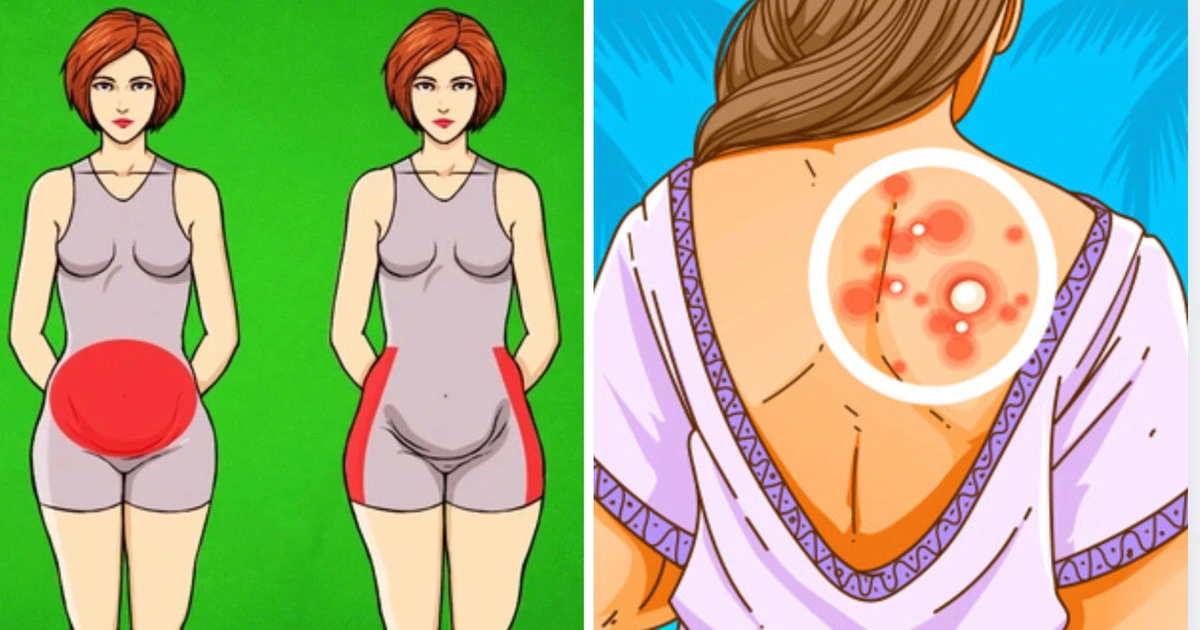We are often reminded of the importance of getting at least 7 hours of sleep each night. Yet, factors like stress-induced insomnia or external disruptions frequently prevent many people from meeting this recommendation. The sleep technology company Simba recently used artificial intelligence to explore the physical effects of sleep deprivation, and experts now warn that insufficient sleep could be significantly harming our health.
Effects of Sleeping Less Than 7 Hours a Night
Hormonal Fluctuations
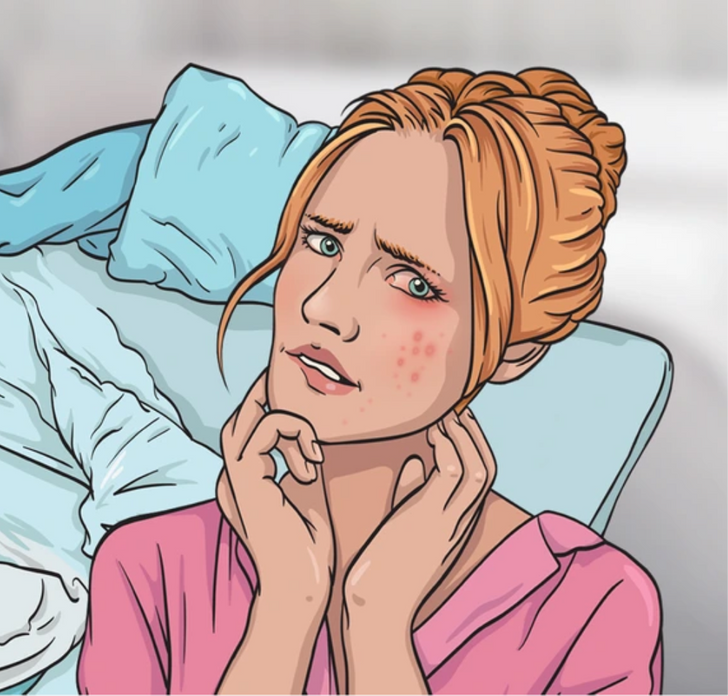
Simba surveyed 2,175 UK adults to gather insights into their sleep patterns, physical health, and appearance. The data was then analyzed using an AI bot, which visually illustrated the effects of sleeping more or less than seven hours per night. “A lack of sleep doesn’t just leave you feeling tired—it visibly impacts your entire body,” said Lisa Artis, Deputy CEO of Simba’s charity partner, The Sleep Charity.
Artis explained, “When you’re sleep-deprived, cortisol levels—the stress hormone—increase. This can worsen inflammatory skin conditions like eczema and psoriasis, leading to irritation, redness, and itching.”
Various Skin Problems
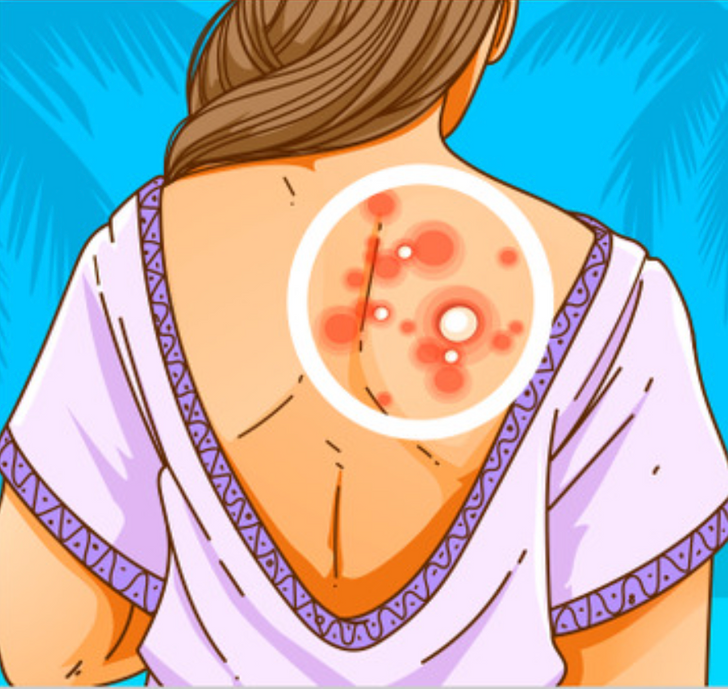
The experiment highlights that the skin is one of the first areas to show signs of sleep deprivation. “When sleep is disrupted, reduced blood flow causes the skin to look pale and dull, losing its natural glow and vitality,” explained Artis.
Among participants who reported not getting enough sleep, 24% experienced increased skin sensitivity. Other common skin issues included eczema (16%), psoriasis (7%), and a dull complexion (10%). “At night, the skin works hard to regenerate and repair itself,” Artis noted. “During sleep, increased blood flow supports these natural repair processes, helping to maintain a healthy, radiant complexion,” she added.
Brittle Nails
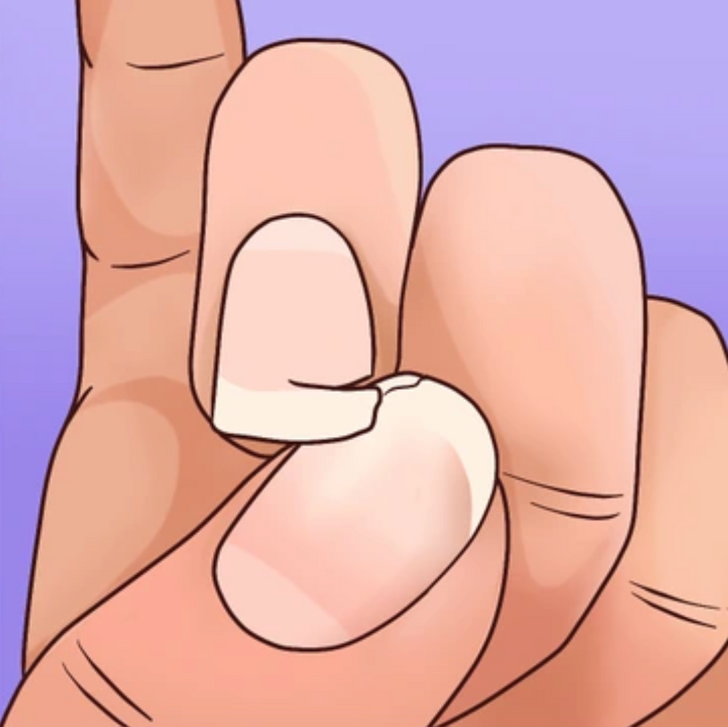
Additionally, 15% of people who reported insufficient sleep also experienced brittle nails, highlighting a possible connection between chronic sleep deprivation and weakened nail health. This link may be due to disruptions in the body’s natural repair processes, which are crucial for maintaining strong and healthy nails.
Weight Gain
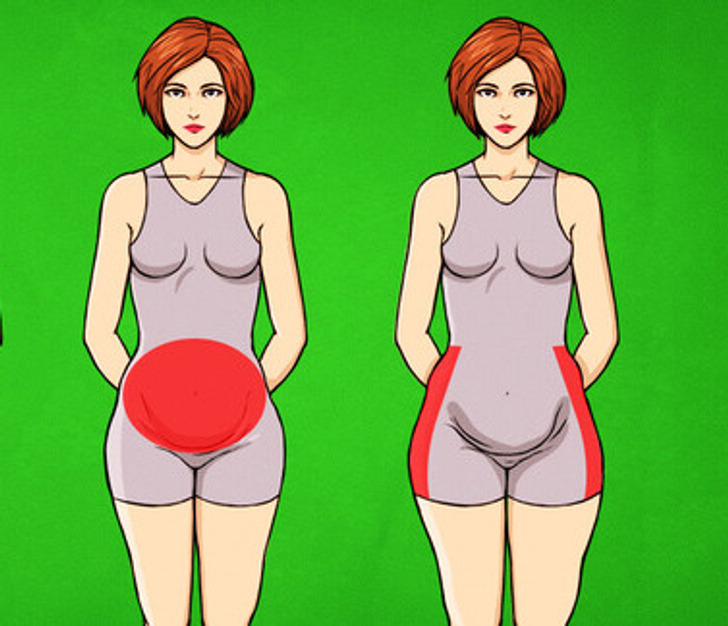
Lack of sleep can also contribute to weight gain. The survey found that 26% of people who didn’t get enough sleep were overweight, and 32% experienced bloating. “During sleep, the body regulates hormones like ghrelin and leptin, which control hunger and feelings of fullness,” explained Ms. Artis.
When sleep is inadequate, ghrelin levels rise, making people feel hungrier, while leptin levels drop, reducing the sensation of fullness. “This hormonal imbalance often leads to overeating, particularly cravings for high-calorie, sugary foods.”
Ms. Artis also noted that sleep deprivation might explain the different ways men and women gain weight. “Women are more likely to store fat in their hips and thighs due to hormonal changes, while men may accumulate more abdominal fat due to lower testosterone levels,” she said.
Imbalance in the body’s internal temperature
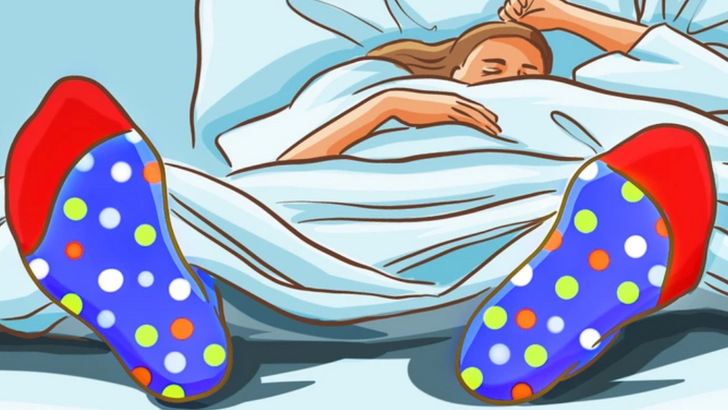
Another surprising effect of insufficient sleep is cold hands and feet. “Body temperature is regulated by the circadian rhythm,” said Ms. Artis. “Lack of sleep can disrupt the body’s ability to control and adjust its internal temperature, leading to fluctuations and discomfort, particularly in the hands and other extremities.”
Constipation

A separate study explored the potential link between sleep disturbances and various types of constipation in patients. The results showed that individuals with a history of insufficient sleep were at a significantly higher risk of developing constipation, emphasizing the importance of sleep quality for gastrointestinal health.
The amount of sleep a person needs varies based on several factors. The NHS recommends that a healthy adult typically requires 7 to 9 hours of sleep.
However, individual needs can differ depending on factors such as age, health, and personal circumstances. Some people naturally need more sleep than others. Teenagers, children, and babies, for example, require extra rest to support their growth, with newborns needing anywhere from 8 to 16 hours of sleep each day.
Diabetes is a serious condition that develops gradually, often with subtle symptoms. Many people dismiss early warning signs as minor issues, but recognizing them is crucial for early diagnosis and management. Learn more through this link.
Preview photo credit Usty / Shutterstock.com
credits by: Brightside.me
